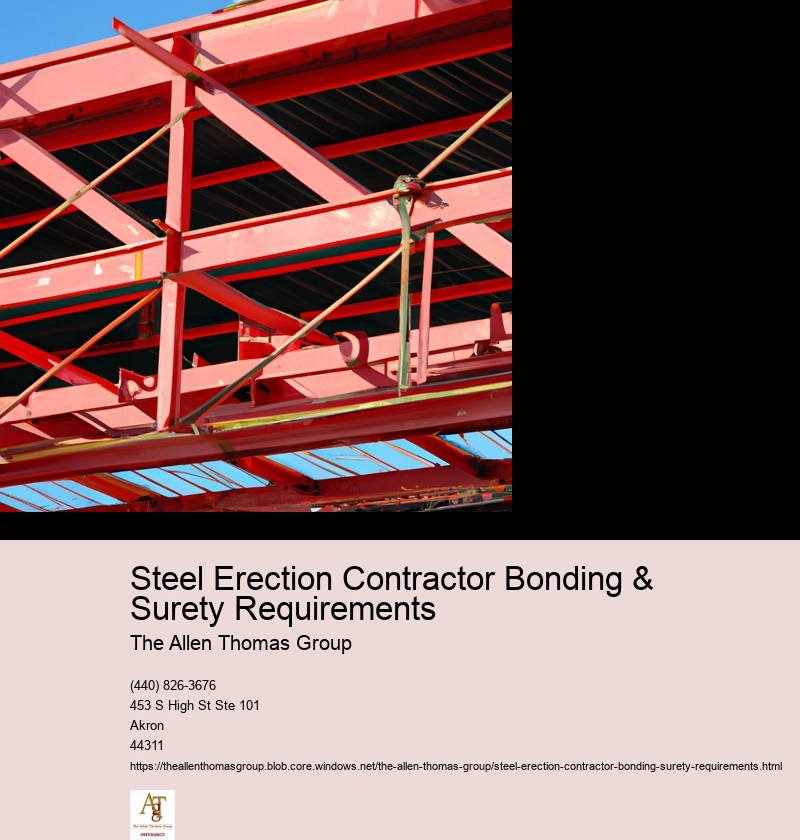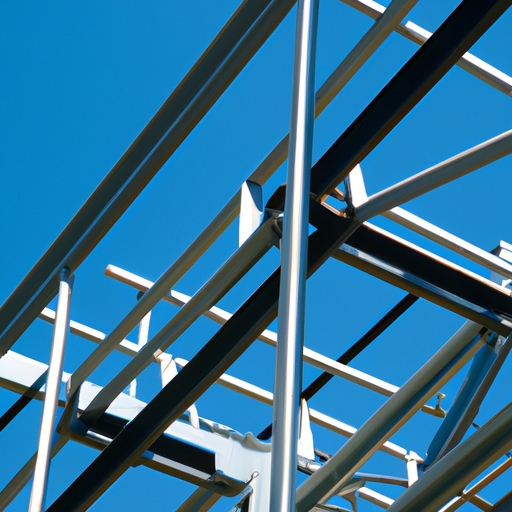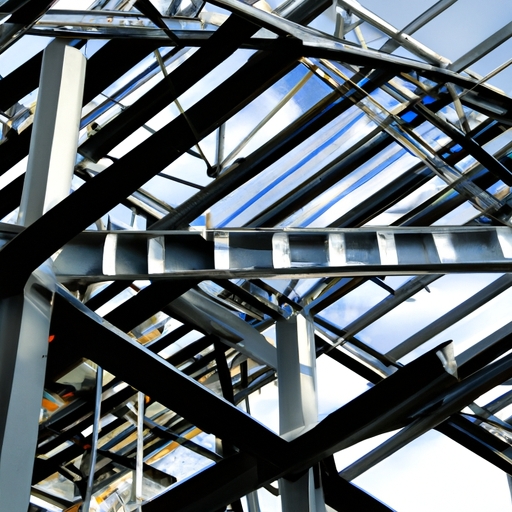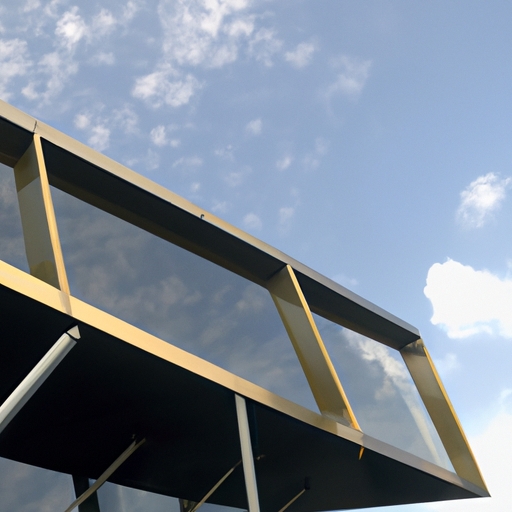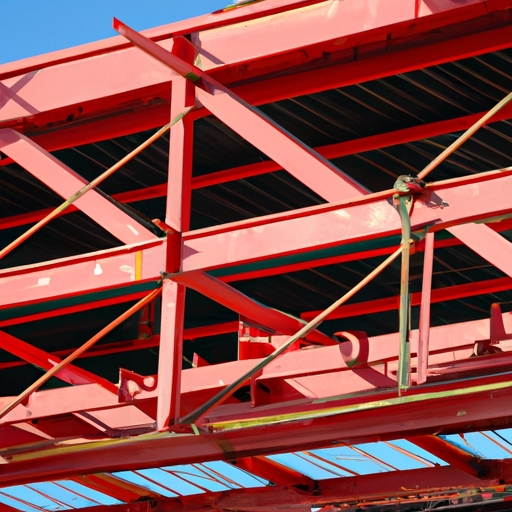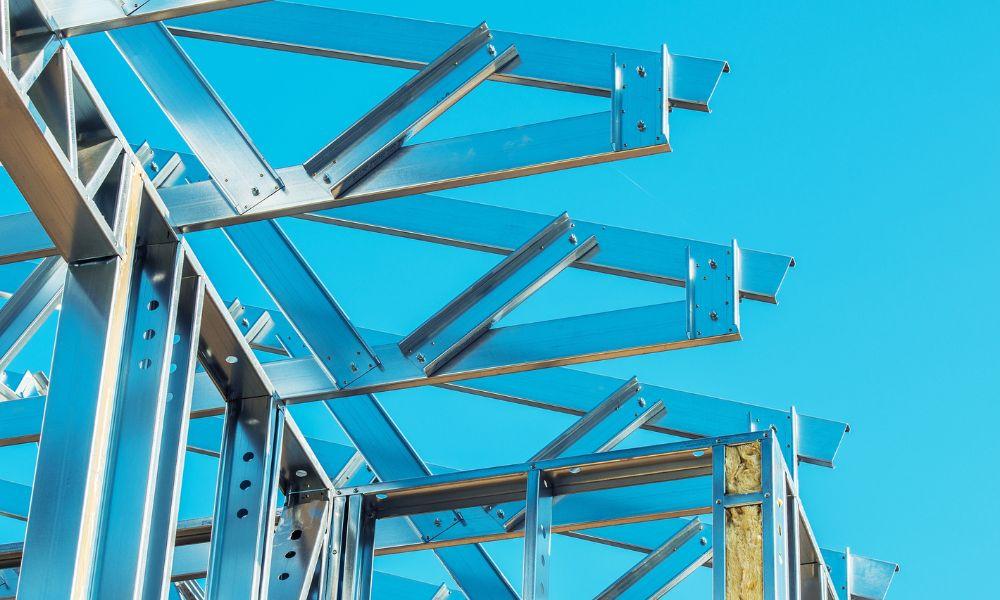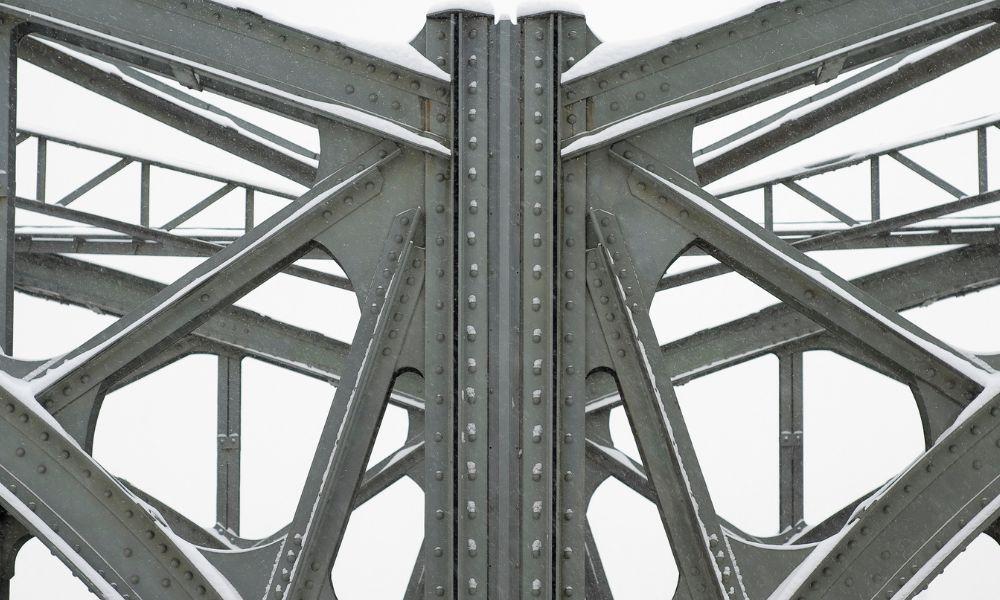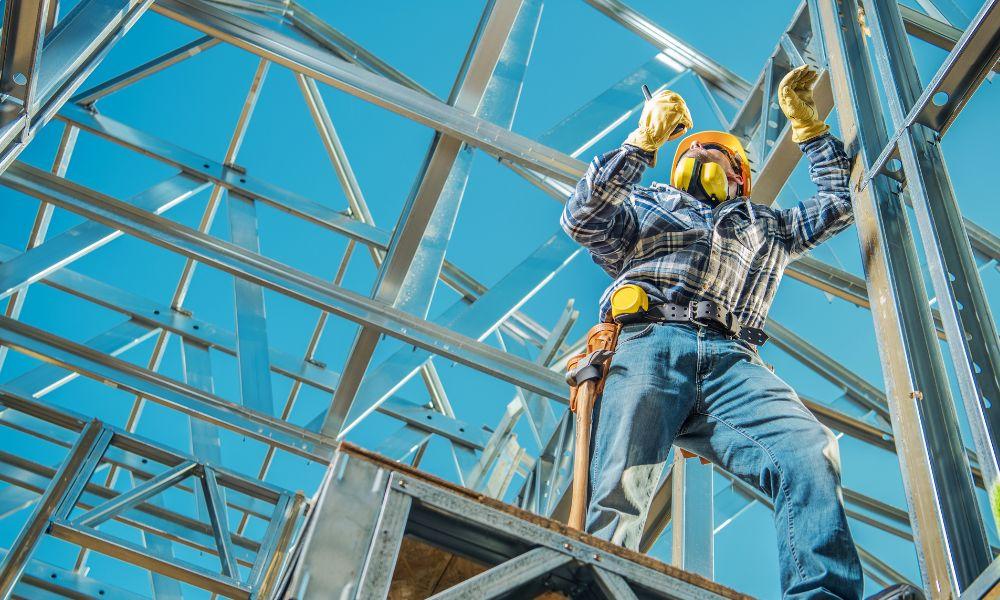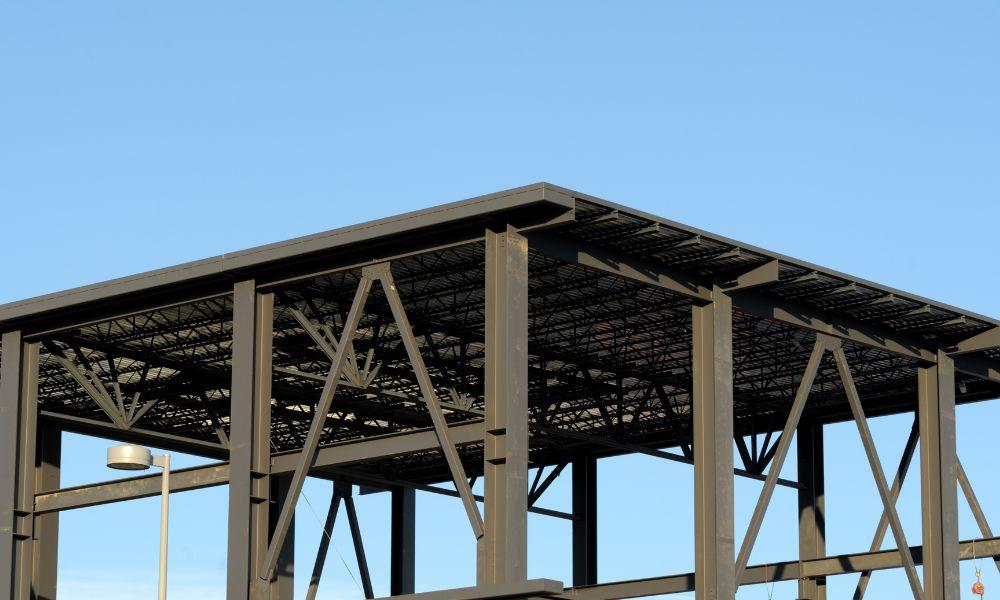Steel Erection Contractor Bonding & Surety Requirements
Bodily Injury
Steel erection contractor bonding and surety requirements are an important part of any construction project. These requirements ensure that contractors have the financial resources to complete their work safely and in a timely manner. Bonding is a form of insurance that protects both the contractor and the property owner in the event of contracting default or failure to complete contracted work. Surety is similar, but provides additional protection for the owner by guaranteeing payment for materials or labor costs if a contractor defaults. Both bond and surety are available through specialized insurance providers who can provide more information on coverage details and limits. Contractors must typically provide proof of insurance prior to entering into agreements with clients or other parties involved in the construction process. This proof may include certificates, policies, or copies of bonds or surety documents. It's important for contractors to understand these requirements so they can make informed decisions about how best to protect themselves and their clients during any given construction project.

